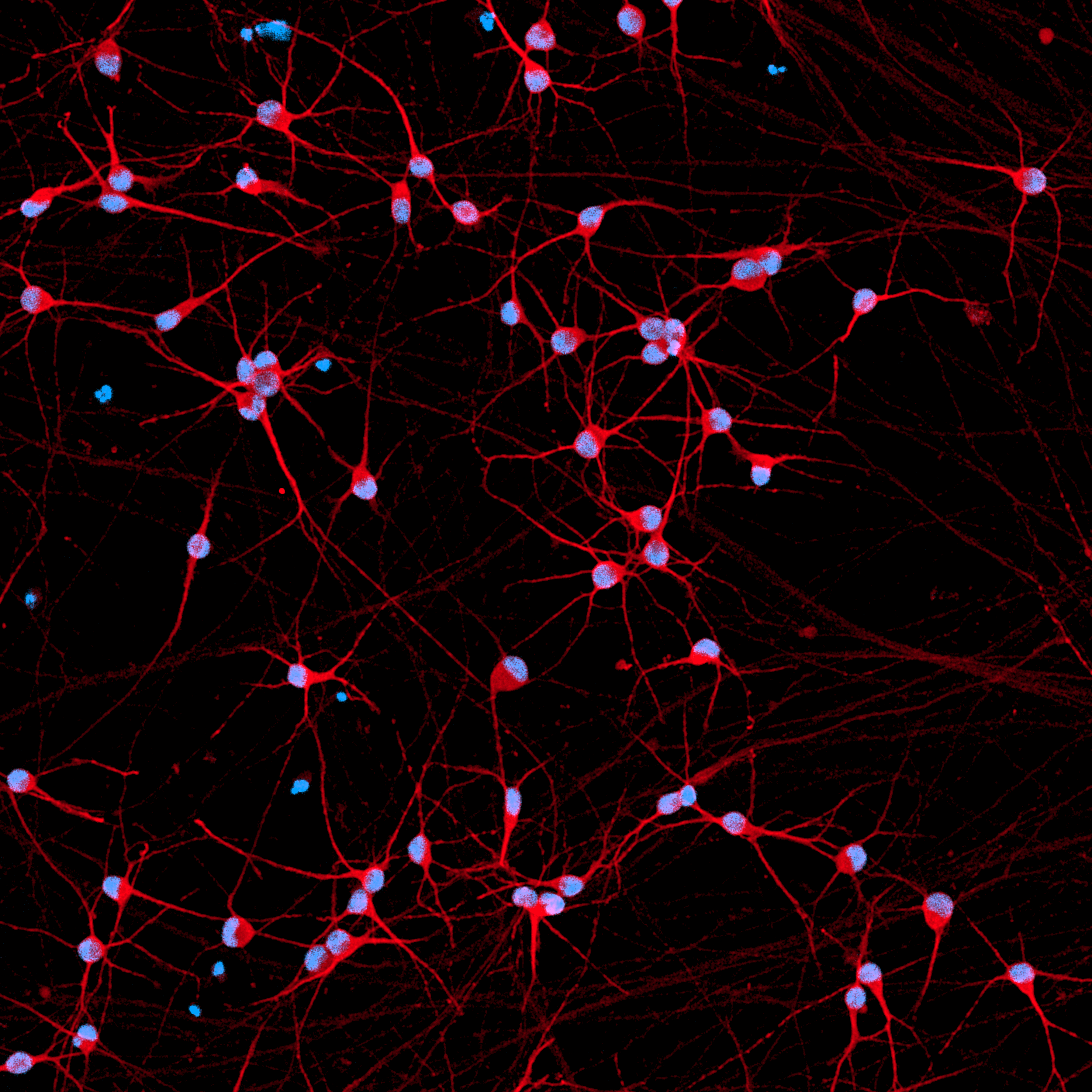24.07.2024 | Published by bit.bio

24.07.2024 | Published by bit.bio

Panel includes disease models in several central nervous system (CNS) cell types enabling better co-culture modelling of complex neurodegenerative diseases, such as Alzheimer’s disease (AD) and Parkinson’s disease (PD).
Each of these disease models is available with a selection of clones for the comprehensive investigation of the impact of both disease mutations and cellular heterogeneity, allowing researchers to gain mechanistic insights, identify novel therapeutic targets and enhance translational relevance for studies of therapeutic candidates.
The panel of neurodegenerative disease models is being launched at AD/PD™ 2024, the International Conference on Alzheimer's and Parkinson's Diseases and related neurological disorders, in Lisbon, Portugal.
CAMBRIDGE, UK, 07:00, 5 March 2024 - bit.bio, the company coding human cells for novel cures, today announces the launch of a panel of 16 new human iPSC-derived models for neurodegenerative diseases such as Alzheimer’s and Parkinson’s disease.
The disease models have been generated by engineering disease-related mutations into one of three existing CNS ioWild Type Cells™ in bit.bio’s portfolio - ioGlutamatergic Neurons™, ioGABAergic Neurons™ and ioMicroglia™. bit.bio now offers more than 30 human cell products for neurodegenerative disease within its ioCells™ portfolio, including ioWild Type Cells, ioDisease Model Cells™ and ioCRISPR-Ready CellsTM.
Complex neurodegenerative diseases such as AD and PD are difficult to study and treat because they are influenced by multiple genes as well as by a combination of lifestyle and environmental factors. Having access to an extensive panel of disease models, across different CNS cell types that can be used either in monoculture or co-culture, enables closer mimicking of the disease in vitro. This allows researchers to capture disease heterogeneity, gain mechanistic insights, identify novel therapeutic targets and assess the effects of therapeutic candidates across a spectrum of genetic disease backgrounds. In turn, this is expected to increase the potential for successful translation of therapeutic candidates from early drug discovery into preclinical research and clinical trials.
"Alzheimer’s and Parkinson’s are relentless conditions. And whilst some progress has been made with regard to treatments, there is still a long way to go. bit.bio’s mission is to democratise access to human cells, and by doing so help our customers close the translation gap. I can’t wait to see how researchers will use this comprehensive toolkit to further our understanding of complex neurodegenerative conditions, and to enable new therapeutics that can change patient lives."
 Mark Kotterbit.bio Founder and CEO
Mark Kotterbit.bio Founder and CEO
All bit.bio’s ioCells products are precision reprogrammed from human iPSCs using the company’s opti-oxTM technology. As such they are defined human cells that have inherent experimental scalability, offer unparallelled consistency and are simple to handle and culture.
ioDisease Model Cells can be paired with a genetically-matched control from the ioWild Type Cells portfolio, giving confidence that even subtle variances in data are attributable to the disease-relevant mutation, contributing to the accuracy and reproducibility of results. ioDisease Model Cells also provide a physiologically-relevant alternative to animal models and immortalised cell lines, which differ considerably from human biology, and have several advantages over the use of patient-derived human iPSC lines that are difficult to scale and lack genetically-matched controls.
"Today’s launch marks an exciting and significant expansion of our neurodegenerative disease product portfolio. Scientists now have access to a powerful panel of physiologically-relevant disease models with a selection of clones and genetically matched controls. All our products are generated with our precision cell programming technology opti-ox. This brings unrivalled experimental accuracy, scalability and consistency to the panel of models for research into the diverse pathways that lead to conditions such as Alzheimer's and Parkinson’s."
 Dr Farah Patell-SochaVP Research Products, bit.bio
Dr Farah Patell-SochaVP Research Products, bit.bio
The panel of 16 new neurodegenerative disease models is being launched at AD/PD™ 2024, the International Conference on Alzheimer's and Parkinson's Diseases and related neurological disorders, in Lisbon, Portugal. Details of the products are now available on the bit.bio website:
Modelling Alzheimer's disease with human iPSC-derived cells
Modelling Parkinson's and Gaucher disease in human iPSC-derived neurons